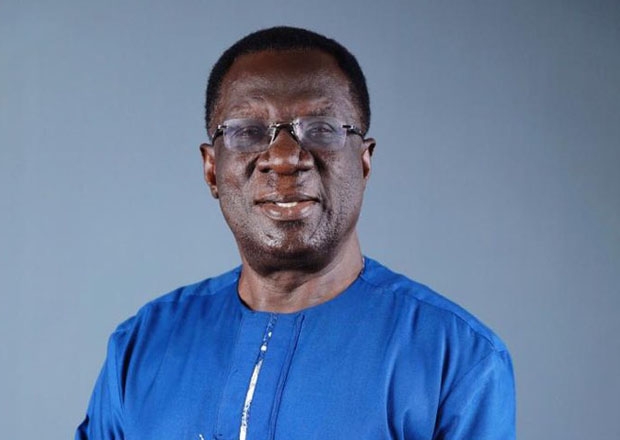When will this madness stop?
 Ameyaw-Akumfi Esq
Ameyaw-Akumfi Esq
The NPP has just gone through the last of its internal elections in preparation for the 2024 General Elections.
The NDC completed theirs last year. In terms of tranquillity during these elections, the NPP scored higher marks than the NDC. One can’t grade the other parties because not much is heard about their internal elections.
Coup d’etat in the CPP is certainly not a democratic process.
For the two major parties, there is a common ailment which, if not seriously addressed will continue to be a major stumbling block in our attempt to build a democratic society.
MONETIZATION of our election process sometimes eliminates good materials in the race for political leadership. Serious questions may also be raised about the sources of the funds.
Generally, the per capitã tag is inversely proportional to the size of the college. If a delegate leaves an election centre with 12,000gh cash, a motorbike, etc from one out of two or more candidates, we should begin to ask questions about the process we are practising.
Please keep the EC out of this. Education needed to move us away from vote buying/selling needs to be intensified.
Now, here is the most serious aspect of this business.
The candidate who buys several of these votes ends up dishing out millions of cedis the night before (or the dawn of) the Election Day.
For the candidate, there are two possible outcomes: win or lose.
The one who loses begins to dream about how he will pay his debts.
So does the winner.
For the winner, however, there are some paths which may be tempting.
Indeed some of these pathways may lead to corruption.
Some winners may never come across some of these tempting pathways.
Those are the ones who spend their hard-won victories in poverty.
We need to address the issue of monetization in our body politic.
The idea of increasing electoral college sizes as a solution to the payment of money to delegates appears attractive.
This was indeed implemented during Chairman McManu’s tenure.
However, those of us who have lived with its implementation have come to realize that it does not provide a solution to the problem.
Let’s take a college size of 500 in a primary.
A strategic aspirant will normally target 300 delegates.
Assuming he pays 5000gh per delegate he will dish out 1,500,000gh.
For a college of 1000 delegates with a target of 600 and payment of a lower amount of 2,500gh, the total amount comes to the same 1,500,000gh.
With a college size of 500,000 delegates and a target of 300,000, payment of 2000gh per the targeted number will require 6,000,000gh.
The amounts per delegate indicated here are conservative as many of us can testify.
The college sizes must be familiar to Patriots.
What this illustrates is that increase in college sizes may not lead to decrease in the burden on aspirants.
One may take a specific level (constituency, regional, national, parliamentary and presidential ) and compare the figures for amounts paid to delegates before and after increases in delegates.
When indices such as inflation are factored into the discussion, it gets complicated.
Clearly, increasing college sizes may not be the solution.
An extension to this idea is the involvement of all registered members of a party.
I doubt if that will solve the problem.
The amount paid per head is most likely going to decrease but not the total amount paid.
However, we need a solution.
Political parties should come together to discuss the issue of monetization if we want democracy to survive in this country. CTD-2:
Monetization
Outrageous monies (10,000gh, 12,000gh and 15,000gh) paid to delegates in some contests point to a real danger to democracy. We are approaching a day when the electorate is going to demand money before casting their votes.
We are not far from that day.
Source: Ameyaw-Akumfi Esq
Trending Features

Amid record funding, critical gaps loom over Ghana’s 2026 health budget
15:21
Is the Special Prosecutor independent?
00:57
Africa’s Bold Stand: Mali’s victory and Ghana’s resolve should be the blueprint
13:50
In defence of Act 794: Context, competitiveness and the real path to mining value
13:59
KGL's Resilience, impact in 2025 a remarkable benchmark for corporate Ghana
09:06
Is Ghana’s Special Prosecutor truly independent? Legal analysis raises key questions
14:39




